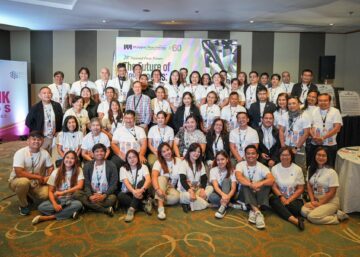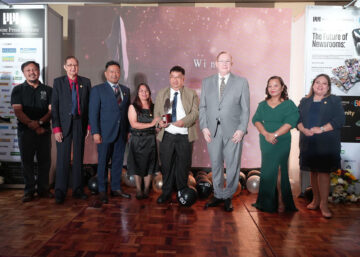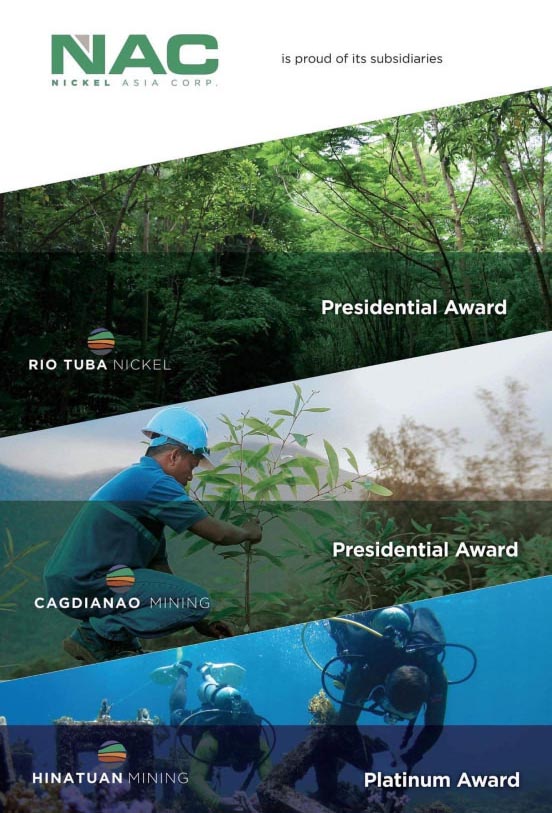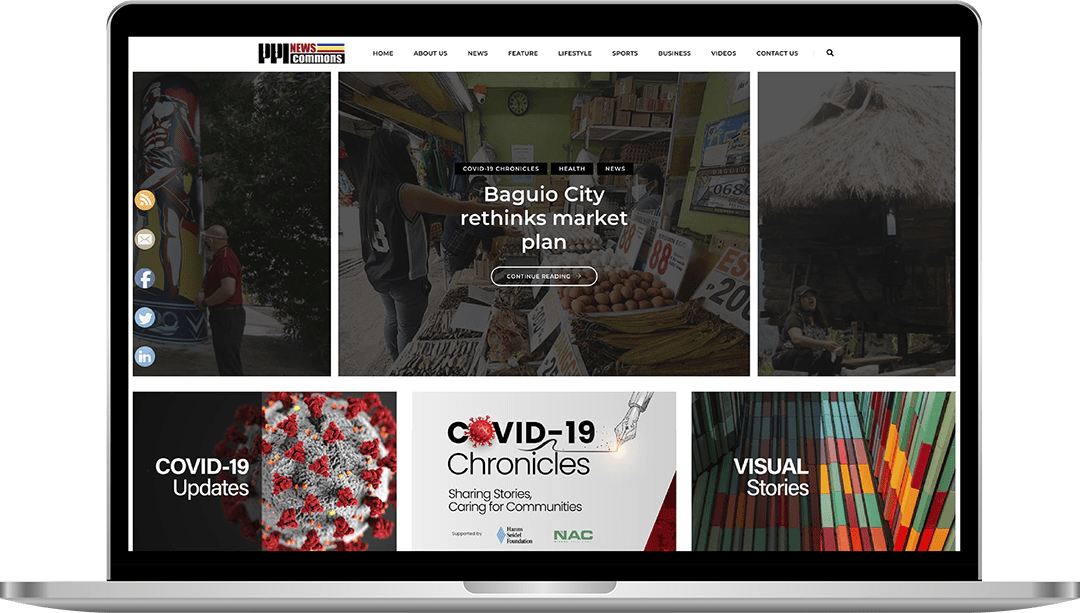
Press Release
How can communication students be prepared to join an increasingly competitive ASEAN market? As the communication and media landscape rapidly evolves, communication schools need to equip students with the competencies they need to get ahead.
The recently completed study by the Miriam College Department of Communication offers answers to this question. It has conducted research in the ASEAN region, and has taken the first step in the development of an ASEAN Communication Competency Framework to serve as a basis for developing communication qualifications.
The only college among universities recognized as Center of Development (COD) in Communication by the Commission on Higher Education (CHED), Miriam College conducted its CHED-supported project, “Jumpstarting the ASEAN Communication Competency Framework in Philippine Higher Education Institutions.”
From 2018-2019, its research team analyzed existing communication curricula across ASEAN and conducted interviews with the ASEAN Quality Assurance Network (AQAN), the ASEAN University Network (AUN), and representatives of selected ASEAN schools that are founding members of AUN: Universiti Kebangsaan Malaysia (UKM) in Malaysia; Nanyang Technological University (NTU) in Singapore; University of the Philippines (UP) Diliman in the Philippines; Chulalongkorn University (CU) in Thailand; and Universitas Airlangga (UNAIR) in Indonesia. The members of the research team are Dr. Ma. Margarita Alvina-Acosta, Dean of the College of Arts and Sciences; Dr. Jose Reuben Q. Alagaran II; Ms. Lynda Catindig-Garcia, Chairperson of the Department of Communication; and Ms. Therese Patricia S. Torres.
The results provide inputs to the enhancement of communication schools’ programs, enabling them to empower students with the competencies they need in order to compete in the ASEAN market and facilitate greater mobility in education and employment. The findings reveal the need to prioritize the enhancement of seven key competencies: writing, digital skills, research and analytical skills, speech communication, communication management and entrepreneurship, ethics, and cross-cultural communication.
Miriam College has invited communication schools from Luzon, Visayas, and Mindanao to present and discuss the study in a series of online events, titled “Gearing Up Towards an ASEAN Competency Framework for Communication Schools: Research Presentation and Workshop.”
After a successful Luzon leg on March 6, Miriam College facilitated the Visayas leg on March 15.
Among the points raised by heads/representatives of communication schools from the Visayas leg were the need to tap industry practitioners as faculty members, or at least ensure faculty engagement with industry professionals and experts in the field. Participants also recommended improving linkages with communication schools and other departments, local government units, and media companies. Moreover, they emphasized the schools’ need to address connectivity issues and the limited access to equipment and facilities.
The schools that registered for the Visayas leg include Cebu Institute of Technology-University, Cebu Normal University, Cebu Roosevelt Memorial Colleges, Inc., Central Philippine University, Holy Name University, Palompon Institute of Technology, Silliman University, Southwestern University, St. Paul University Dumaguete, St. Paul University Iloilo, St. Theresa’s College – Cebu, University of Negros Occidental-Recoletos, University of San Carlos, University of St. La Salle, University of the Philippines Visayas, UP Visayas Tacloban College, and West Visayas State University.
#









